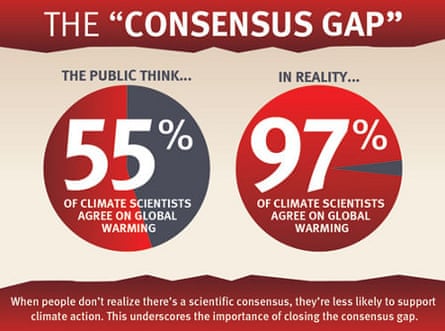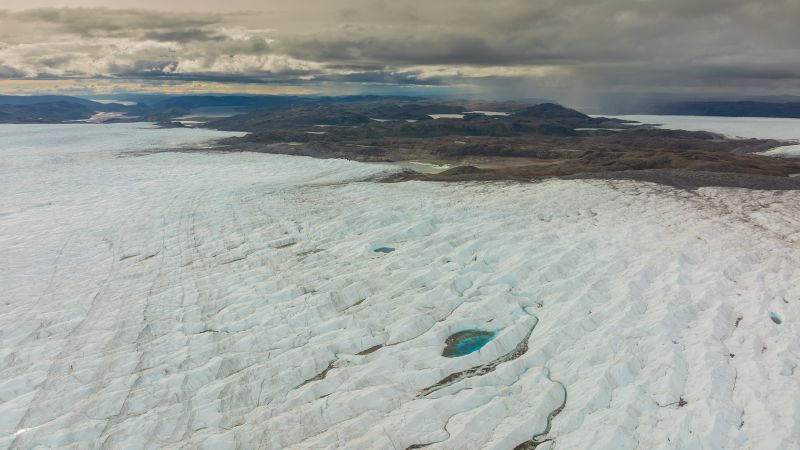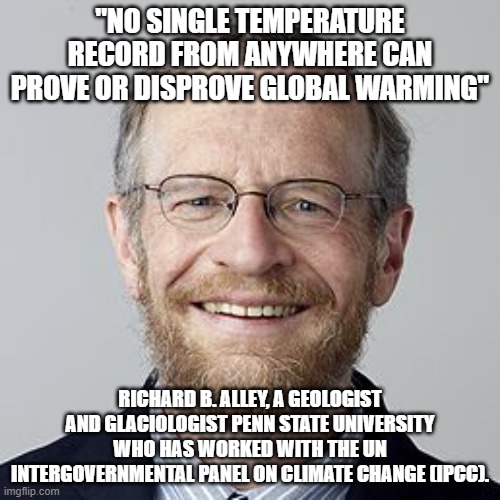Your article does not include a working link. I did a search and found it here:
1.6%, Not 97%, Agree that Humans are the Main Cause of Global Warming - Econlib
One of two links in a comment provided by one of the authors of the study in question (Dana Nuccitelli) provided this debunking of the OPs claim
MP Graham Stringer and CNN Crossfire get the 97% consensus on human-caused global warming wrong
Contrarians who think they're part of the 97 percent hold fringe views consistent with the 2–3 percent scientific minority
MP Graham Stringer doesn't understand the 97 percent expert consensus on human-caused global warming. Photograph: Christopher Thomond
Dana Nuccitelli
Fri 14 Feb 2014 09.00 EST
217
In May 2013, my Skeptical Science colleagues and I published
a paper showing that of peer-reviewed climate publications over the past 20 years that take a position on the cause of global warming,
97 percent agree that humans are responsible. Since that paper was published,
it's been met with extensive denialism.
The reaction of denial is not surprising, because an expert consensus is a powerful thing. People can't be expert in every subject, so we defer to the consensus of experts on many subjects. For this reason,
climate scientists are the most trusted sources of climate science information. As we documented in our paper, research has also shown that when people are aware of the expert consensus on human-caused global warming, they're more likely to accept the science and support climate policy to address the problem.
Hence, those who support the status quo and oppose efforts to reduce greenhouse gas emissions have long engaged in a disinformation campaign to misinform the public about the expert consensus. Their efforts have been successful, as evidenced by
the 'consensus gap' whereby the public believe scientists are split on the cause of global warming; a stark contrast to the reality of the 97 percent consensus.
The consensus gap.
One of the most common contrarian reactions to the results of our paper has been to claim that 'skeptics' are included in the 97 percent as well. For example, in a recent hearing reviewing the UK 4th carbon budget, Labour Party Member of Parliament (MP)
Graham Stringer said of the expert consensus on human-caused global warming,
On CNN Crossfire, the conservative think tank Heritage Institute's David Kreutzer said,
Similarly, contrarian climate scientist
Roy Spencer claimed in Congressional testimony last year that he's included in the 97 percent.
These statements are all incorrect, ignoring a significant part of our research. They are based on one of the categories used in our study regarding "implicit endorsements" of human-caused global warming. A paper that was included in this category:
This particular category doesn't state how much global warming humans are causing, and hence climate contrarians claim that because they admit humans are causing some global warming, they should be included in the 97 percent.
However, this argument only considers one of the seven categories used in our study. Another critical category, the "implicit rejections" included any paper that (emphasis added):
Hence for example, one of
Roy Spencer's five papers captured by our literature search was put in this category, because it proposes negative feedbacks will minimize future global warming. His other four papers fell into the 'no position' category; therefore, overall Spencer was not included in the 97 percent as he claimed in his testimony to US Congress. Rather, Spencer's research is included in the 2 percent of papers minimizing or rejecting the human influence on global warming (the final 1 percent of papers were uncertain about the cause).
Spencer has also said, "
I think it is more likely that the warming is mostly natural," so his opinion is consistent with the 2 percent.
For those desiring papers with more explicit positions on the cause of global warming, we also used categories that only included papers that explicitly quantified the human contribution to global warming. We asked the scientific authors to rate their own papers, and of the papers in those categories (237 total), 96 percent agreed that humans are responsible for the majority of the current global warming.
Therefore, if anyone claims to be part of the 97 percent, it means they disagree with the contrarian argument that humans are having a minimal impact on global warming. Moreover, in order to be part of the 96 percent expert consensus, they must explicitly agree that humans are responsible for the majority of the global warming over the past half-century (a position the latest IPCC report took
with 95 percent confidence).
Those like Spencer, and possibly Stringer and Kreutzer, who believe the human influence on the climate is minimal, hold fringe views that are consistent with just 2 to 3 percent of the peer-reviewed climate science literature.







